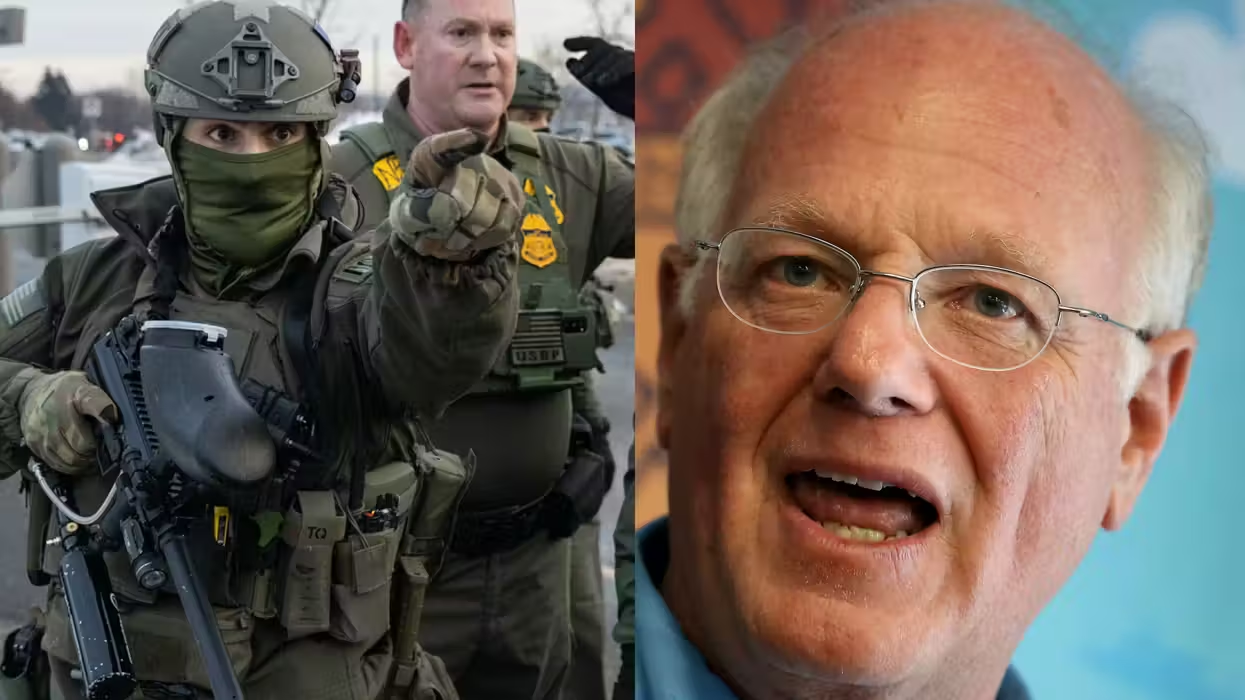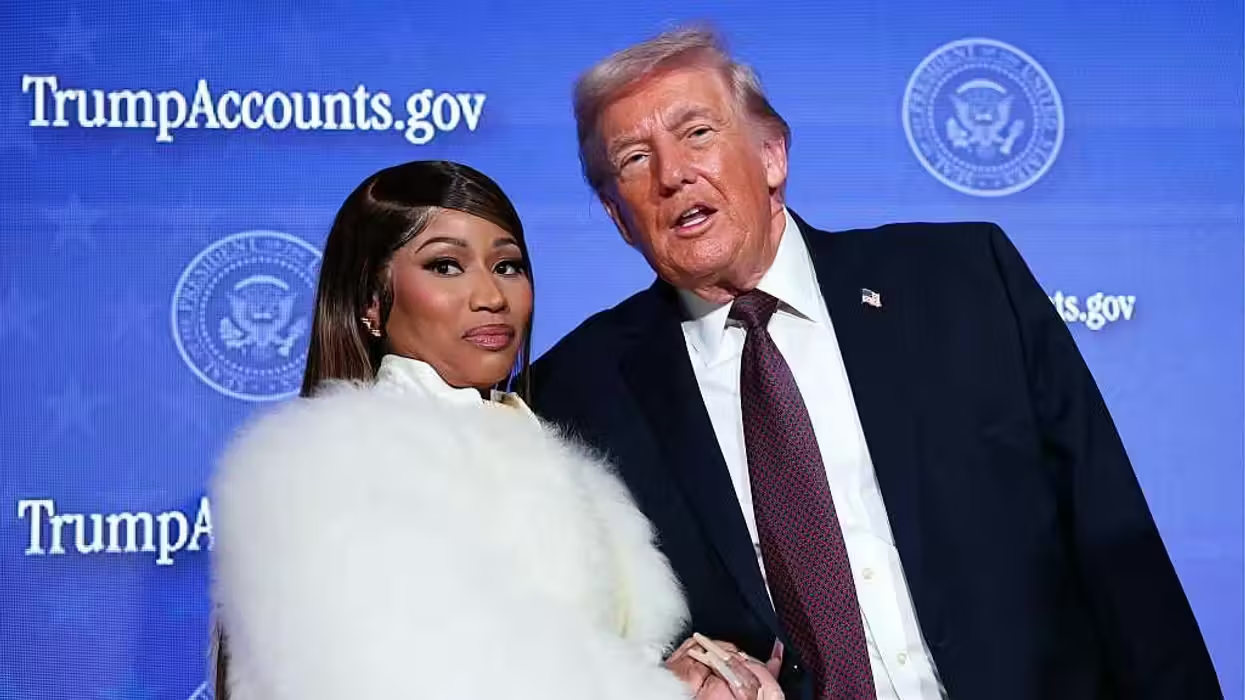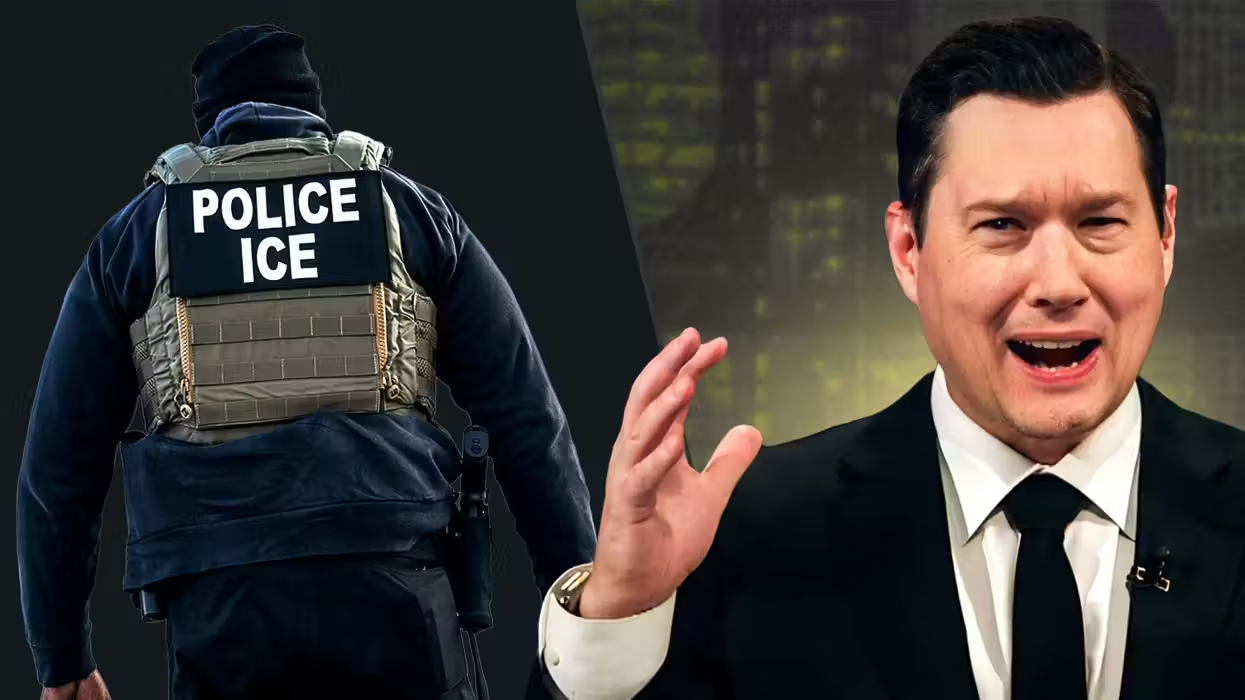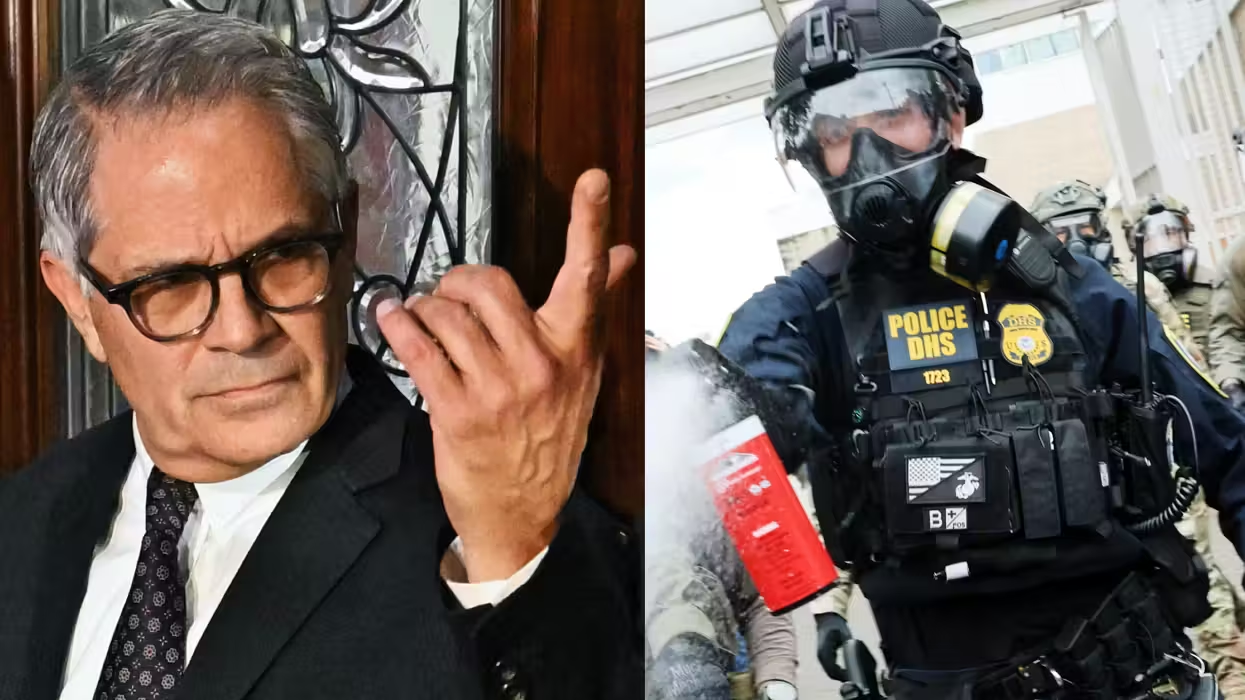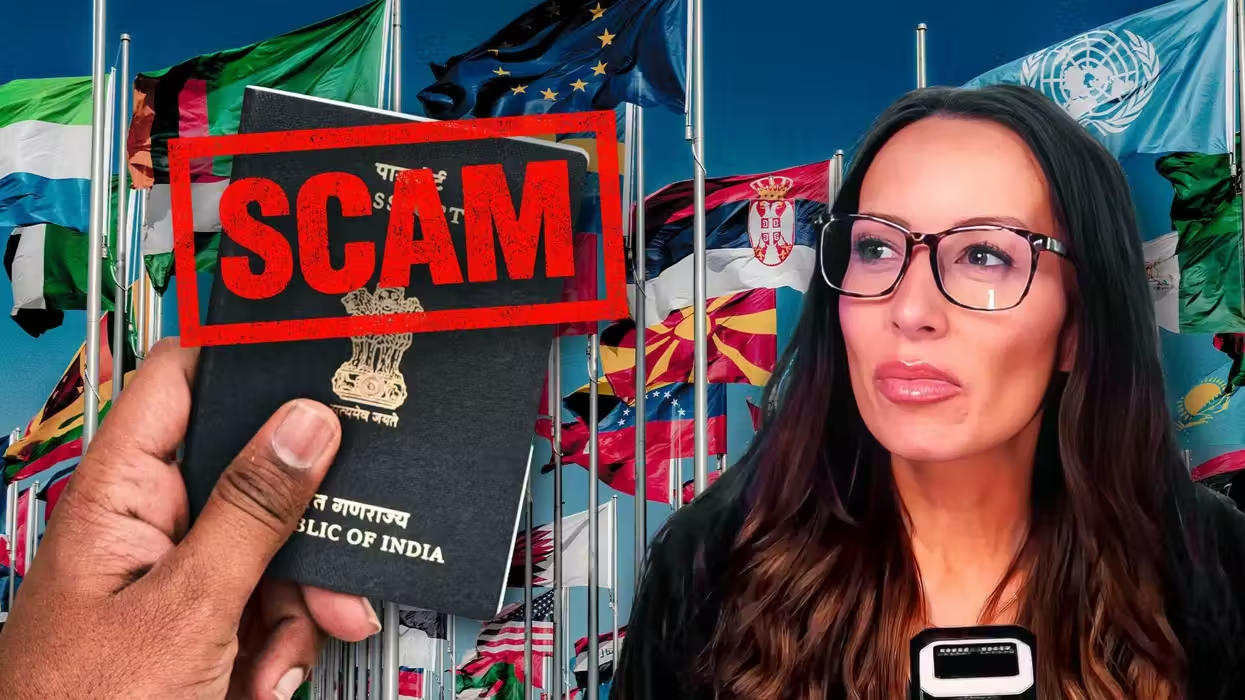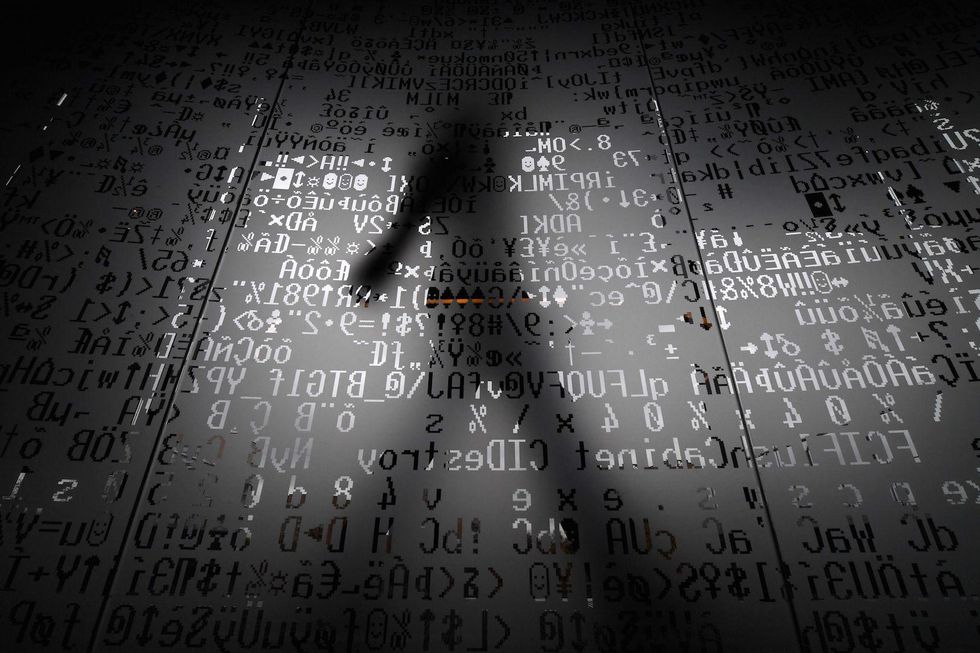
TOPSHOT - A picture taken on October 17, 2016 shows an employee walking behind a glass wall with machine coding symbols at the headquarters of Internet security giant Kaspersky in Moscow. / AFP / Kirill KUDRYAVTSEV / TO GO WITH AFP STORY BY Thibault MARCHAND (Photo credit should read KIRILL KUDRYAVTSEV/AFP/Getty Images)


